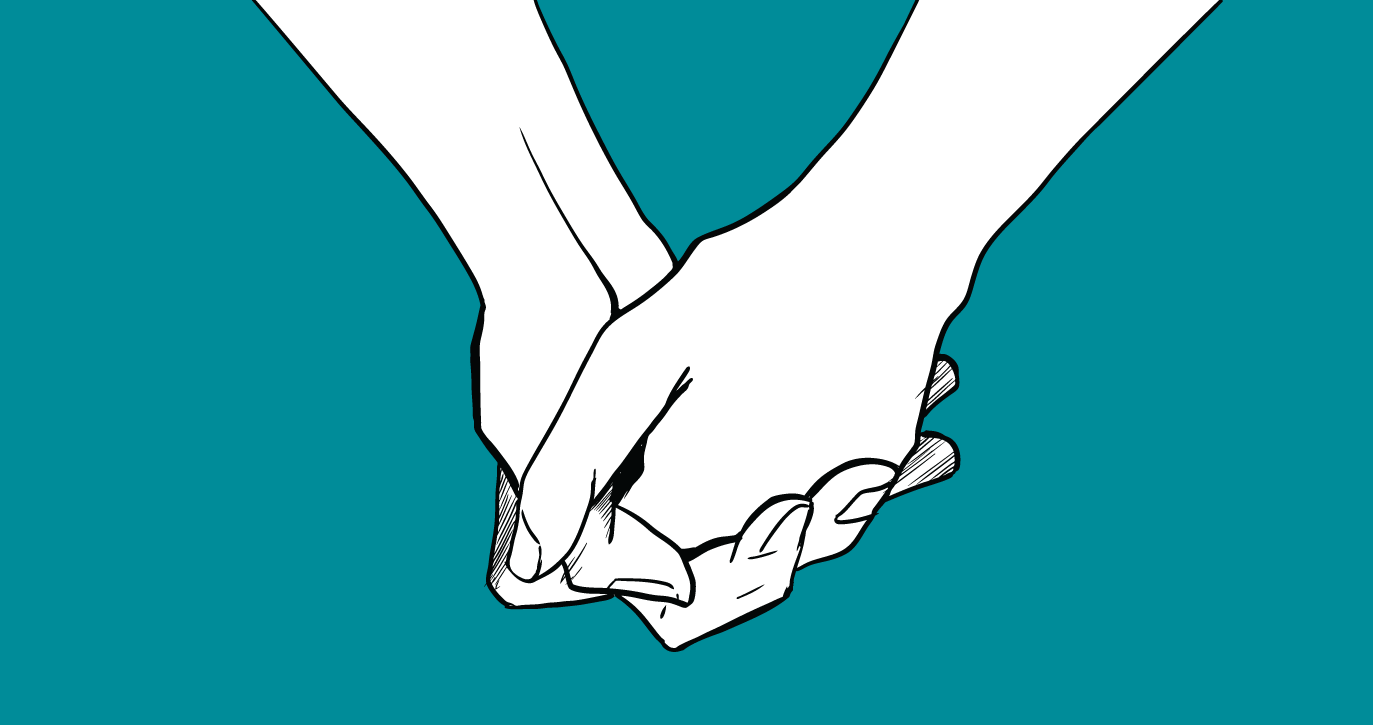Chances are someone you know is a survivor of sexual violence. They might not have told you, or anyone else, out of fear of being blamed or judged. With the #MeToo movement making it more acceptable for victims to openly discuss their experiences and the added layer of April being Sexual Assault Awareness Month, it is possible that a loved one might share their story with you for the first time.
If a survivor shares their story with you, help them feel comfortable by:
- Being an active, supportive listener. Listening actively means focusing on what your friend is saying and not thinking ahead to how you should respond. You don’t need to worry about giving advice; just let them know that they are being heard. You can say “I’m listening” or “I’m here for you.”
- Letting them control what happens. During their assault, control was taken from them. You can support them in making their own decisions about what next steps to take, if any, and by avoiding telling them what they should do.
- Remembering that there is no one way to react or respond to an experience of sexual assault. Some people may cry, and others may act as if everything is fine. Others might be angry. However a survivor reacts, they should not be judged or labeled based on their response. Regardless of the way they responded to the assault, make sure they feel validated and supported.
- Believing them. Make it clear that you believe the assault happened and that is was not their fault.
- Asking before touching or offering physical support. For those who have been sexually violated, touch can be re-traumatizing. Respect a survivor’s space and need for boundaries. Asking “Can I give you a hug?” and respecting the answer can re-establish their sense of security, safety, and control.
- Honoring their privacy and vulnerability. Let them decide who to tell about the assault. It can be tempting to talk to others about what happened or to get more insight, but these steps shouldn’t be taken without the survivor’s consent.
- Asking them how you can best help and support them. They may mention something you hadn’t thought of, and their needs should be prioritized.
Here are some other ways you can support survivors more generally:
- Volunteer at a rape crisis center or organization in your community that serves populations disproportionately impacted by sexual violence like students, LGBTQ youth, older adults, or those with disabilities.
- Donate to local rape crisis centers and support the work of organizations working on behalf of survivors and changing the culture to prevent sexual violence.
- Follow the work of organizations like the National Alliance to End Sexual Violence and Raliance to learn more about laws and policies impacting survivors and prevention programming.
- Share messages of support and encouragement with survivors and promote things that everyone can do to increase their self-care. For help on how to best use social media during SAAM, check out our social media toolkit.
- Respond to victim-blaming comments on articles and social media. These comments promote a culture that normalizes sexual violence and can be triggering and painful for survivors. You can respond to problematic comments by saying things like, “Sexual assault is never the victim’s fault” and refocus accountability on the individual(s) who committed sexual abuse.
- Wear teal, the official color of Sexual Assault Awareness Month, to show your support for sexual violence prevention. Wearing teal on the Day of Action and throughout April will continue the momentum of the #MeToo movement in serving as a conversation-starter for important issues about consent, respect and supporting survivors.
Sexual Assault Awareness Month can be a difficult time for some survivors as it may bring up unwanted, painful memories, but it is also a time for survivors to feel heard and supported. Your support of a loved one who has experienced sexual violence may be a critical first step in their healing journey.

